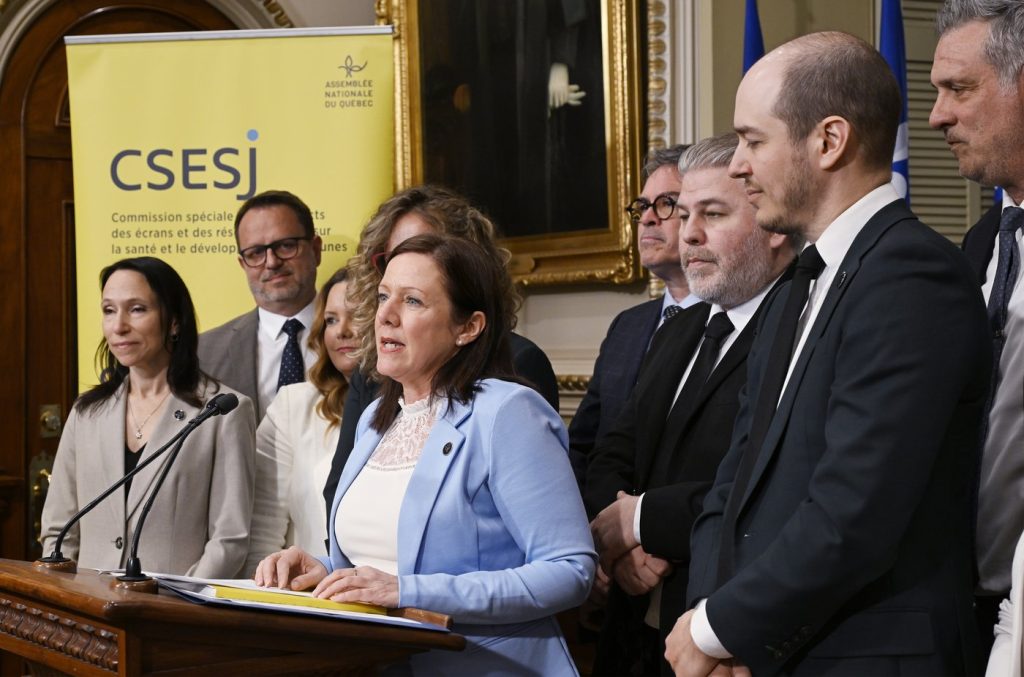QUÉBEC — A committee of members from the Quebec legislature has made a significant recommendation regarding social media usage among youth, suggesting that individuals under the age of 14 should be prohibited from having social media accounts unless they have the explicit consent of a parent or guardian. This recommendation arises from the final report of an all-party committee that has been studying the impact of screen time on the health of young people.
The report highlights the existing age limits some social media platforms enforce, noting that many young users often find ways to circumvent these restrictions. Committee member Alexandre Leduc emphasized to reporters that this recommendation serves to convey an important message to both parents and the wider public regarding the inherent risks associated with social media. The aim is to encourage a more cautious approach to social media engagement among younger individuals.
Interestingly, the proposed age limit of 14 is notably lower than those established by other countries, such as France and Australia, which have set their minimum ages at 15 and 16, respectively. This divergence in policy illustrates a more lenient approach taken by Quebec in comparison to its international counterparts.
In addition to the social media recommendations, the Quebec government confirmed earlier this spring that it would also implement another important recommendation from the committee: extending the ban on cellphone usage in classrooms to encompass the entire grounds of elementary and high schools during school hours. This move aims to further mitigate distractions for students and promote a healthier learning environment without the interference of digital devices.
The findings of this report were first made public on May 29, 2025, by The Canadian Press, marking an important moment in the ongoing discourse surrounding the health implications of screen time for youth.
During a press conference held in Quebec City, prominent figures from the committee, including Government MNA Amelie Dionne, elaborated on the results of their trans-partisan effort. Accompanying her were several other committee members, including Suzanne Tremblay, Stephane Sainte-Croix, Marie-Belle Gendron, Francois St-Louis, Pascal Berube, Alexandre Leduc, and Enrico Ciccone. This diverse representation emphasizes the collaborative nature of the committee's work and its commitment to addressing the critical issues related to screen time and social media consumption among young people.
As discussions around youth and technology continue to evolve, the recommendations made by the committee are likely to spark ongoing debate regarding the appropriate age for social media access, parental involvement, and the overall impact of digital engagement on the mental and physical well-being of children and adolescents.












